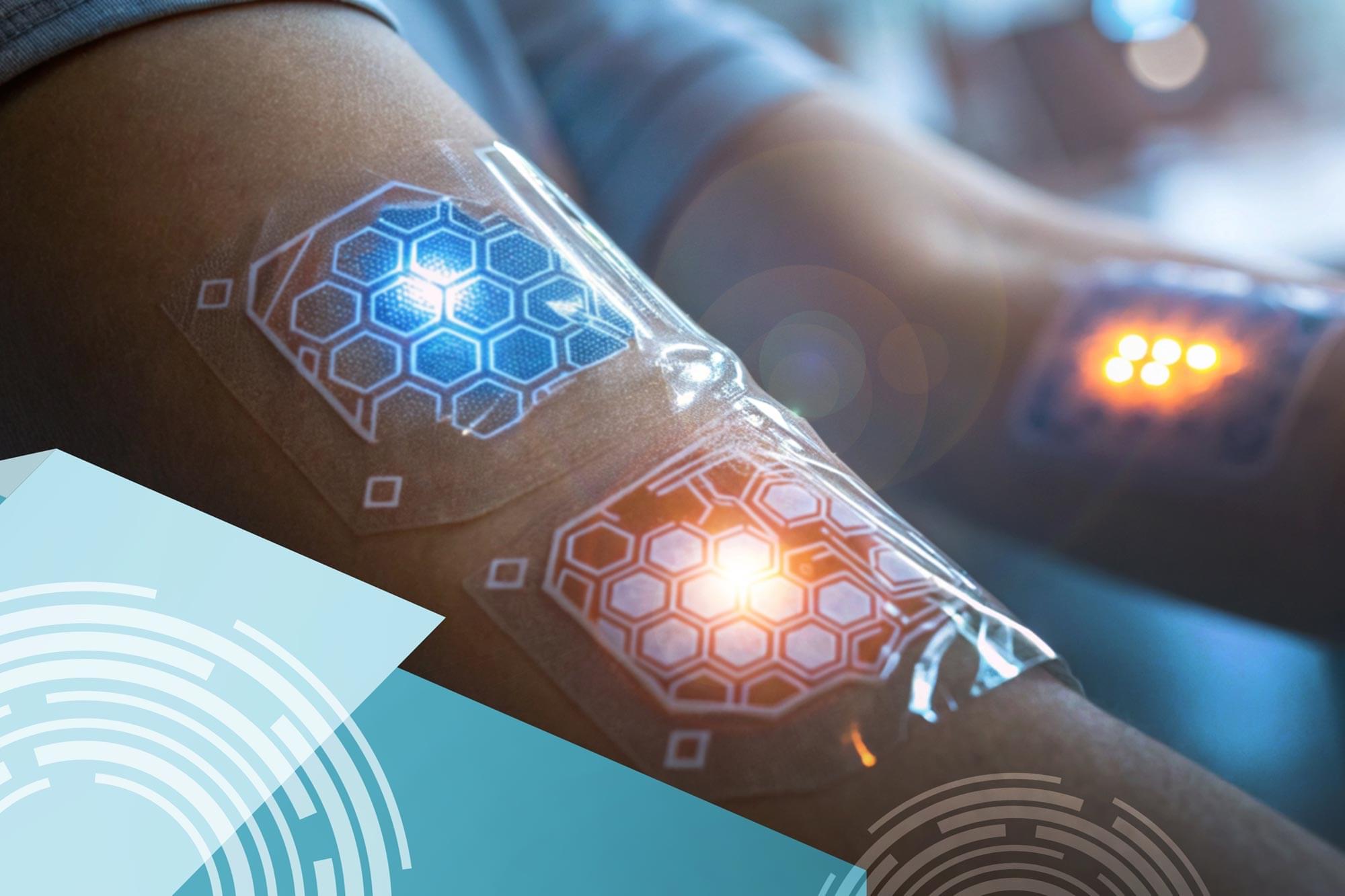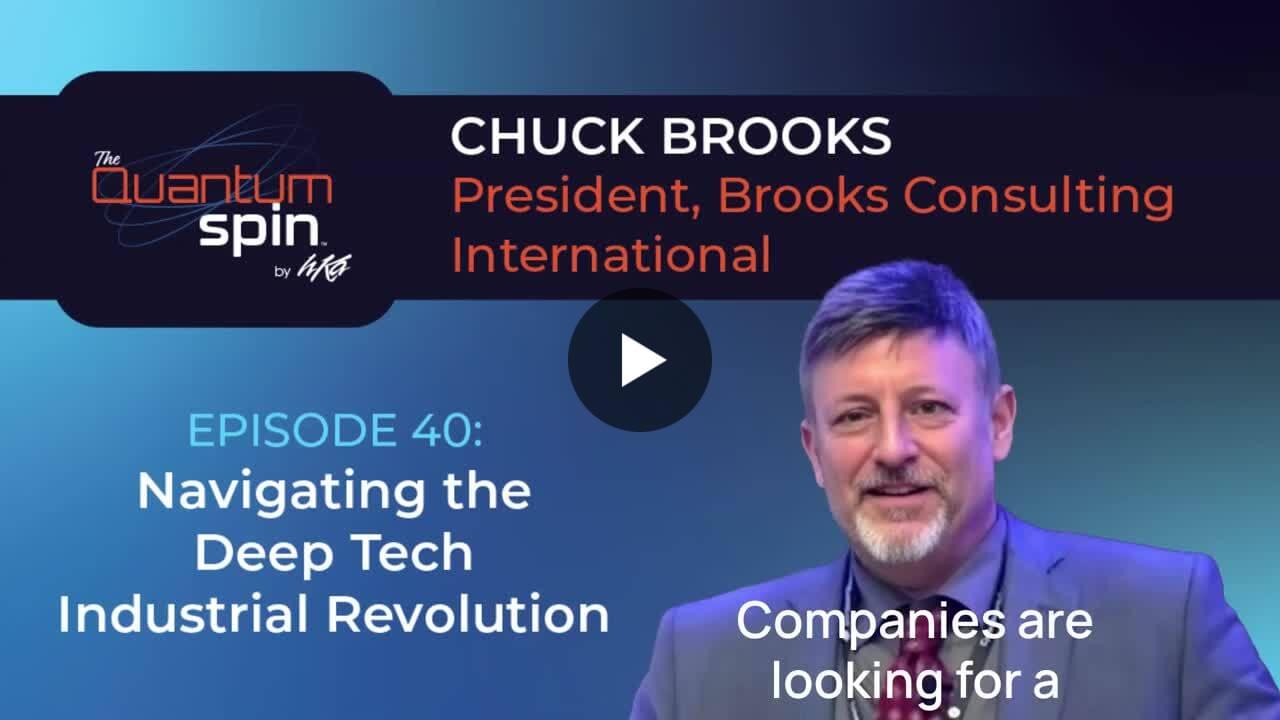Researchers are uncovering how sweat could become a powerful tool for real-time health monitoring.


China’s AI industry is evolving at a rapid pace, to the point where domestic chip manufacturers are expected to outproduce regional demand, and NVIDIA CEO has warned about the ‘Chinese AI diffusion’ in place.
Ever since China has moved towards focusing on the adoption of domestic AI solutions, the region has seen a massive rise in chip production, since companies like Huawei, Cambricon, Biren, and many others are coming up with AI chips, with the ‘promise’ of replacing NVIDIA’s tech stack entirely. Based on an analysis by Bernstein (via Jukan), it is estimated that China’s AI chip supply is expected to rise significantly over the years, potentially surpassing domestic demand by 2028. This indicates that the nation has plans to move its tech stack towards the global market. NVIDIA’s CEO Jensen Huang has labeled this move as the AI ‘Belt & Road’ Initiative.
Out of all the Chinese AI firms competing, it is expected that Huawei will capture a whopping 50% share by 2026, significantly shrinking NVIDIA’s lead in the region. One of the main bottlenecks faced by firms like Huawei is the lack of semiconductor production capabilities. However, it appears that the firm plans to address this issue soon, through its own fab buildout, which will be facilitated by collaboration with local governments, as well as companies like SMIC. Similarly, Huawei also faces an HBM capacity problem, but based on Bernstein’s estimates, it is expected that all supply constraints will be addressed.
NVIDIA’s CEO was surprisingly spotted on the Joe Rogan podcast, and one of the interesting stories he mentioned was how the interest in NVIDIA’s first AI machine was almost nonexistent.
Jensen, appearing on the ‘Joe Rogan Experience’ platform, was something that I wasn’t expecting at all, but it appears that NVIDIA’s CEO has become a mainstream personality, not just at the AI front, but also for the entire tech world. Jensen Huang talked about various aspects of his life and the journey of NVIDIA over the years, but one of the more interesting statements was around how Team Green spent ‘billions’ creating the very first DGX-1 AI system, but when Jensen went out to the market, the interest around the machine was ‘zero’, until Elon stepped up.
And when I announced DGX-1, nobody in the world wanted it. I had no purchase orders, not one. Nobody wanted to buy it. Nobody wanted to be part of it. Except for Elon.
What if the future of intelligence isn’t human? In this video, we explore Hans Moravec’s prophetic vision about Artificial Intelligence from his breakthrough book, Mind Children—a world where conscious, superintelligent AIs don’t just outthink us, but carry our legacy forward. Instead of fearing them, should we embrace them as the next phase of mind? If consciousness is our greatest gift, maybe our most important mission is to make sure it survives—even if that means passing the torch to our digital descendants.
0:00 Intro.
1:46 The Inevitability of Smarter, Conscious Machines.
4:45 Beyond Biology: The Short-Sightedness of Flesh-Centric Thinking.
6:09 AI Consciousness: A Lifeboat for the Mind.
8:07 Toward a Conscious Future.
9:02 Outro

EPFL scientists have integrated discarded crustacean shells into robotic devices, leveraging the strength and flexibility of natural materials for robotic applications.
Although many roboticists today turn to nature to inspire their designs, even bioinspired robots are usually fabricated from non-biological materials like metal, plastic and composites. But a new experimental robotic manipulator from the Computational Robot Design and Fabrication Lab (CREATE Lab) in EPFL’s School of Engineering turns this trend on its head: its main feature is a pair of langoustine abdomen exoskeletons.
Although it may look unusual, CREATE Lab head Josie Hughes explains that combining biological elements with synthetic components holds significant potential not only to enhance robotics, but also to support sustainable technology systems.

Sometimes, less truly is more. By removing oxygen during the synthesis process, a team of materials scientists at Penn State successfully created seven new high-entropy oxides (HEOs)—a class of ceramics made from five or more metals that show promise for use in energy storage, electronics, and protective coatings.
“By carefully removing oxygen from the atmosphere of the tube furnace during synthesis, we stabilized two metals, iron and manganese, into the ceramics that would not otherwise stabilize in the ambient atmosphere,” said corresponding and first author Saeed Almishal, research professor at Penn State working under Jon-Paul Maria, Dorothy Pate Enright Professor of Materials Science.
Almishal first succeeded in stabilizing a manganese-and iron-containing compound by precisely controlling oxygen levels in a material he called J52, composed of magnesium, cobalt, nickel, manganese, and iron. Building on this, he used newly developed machine learning tools—an artificial intelligence technique capable of screening thousands of possible material combinations within seconds—to identify six additional metal combinations capable of forming stable HEOs.
Penn State scientists discovered seven new ceramics by simply removing oxygen—opening a path to materials once beyond reach.
During their experiments, the researchers also established a framework for designing future materials based on thermodynamic principles. Their findings were published in Nature Communications.

Navigating The Deep Tech Industrial Revolution with Chuck Brooks.
Link.
Chuck Brooks got his start in cybersecurity at the Department of Homeland Security, as one of the organization’s first hires. He has worked in Congress and other agencies, as well as large companies and cybersecurity firms. He uses experiences to teach students at Georgetown University how to manage change, including the kind posed by quantum tech. In this podcast episode, Chuck and host Veronica Combs discuss digital security threats and how to use AI.
🎧 Tune in here: https://lnkd.in/gMkTjuE6

The Wu Tsai Neurosciences Institute, Sarafan ChEM-H, and Stanford Bio-X have awarded $1.24 million in grants to five innovative, interdisciplinary, and collaborative research projects at the intersection of neuroscience and synthetic biology.
The emerging field of synthetic neuroscience aims to leverage the precision tools of synthetic biology — like gene editing, protein engineering, and the design of biological circuits — to manipulate and understand neural systems at unprecedented levels. By creating custom-made biological components and integrating them with neural networks, synthetic neuroscience offers new ways to explore brain function, develop novel therapies for neurological disorders, and even design biohybrid systems that could one day allow brains to interface seamlessly with technology.
“The ongoing revolution in synthetic biology is allowing us to create powerful new molecular tools for biological science and clinical translation,” said Kang Shen, Vincent V.C. Woo Director of the Wu Tsai Neurosciences Institute. “With these awards, we wanted to bring the Stanford neuroscience community together to capitalize on this pivotal moment, focusing the power of cutting-edge synthetic biology on advancing our understanding of the nervous system — and its potential to promote human health and wellbeing.”

Today, Mistral AI announced the Mistral 3 family of open-source multilingual, multimodal models, optimized across NVIDIA supercomputing and edge platforms.
Mistral Large 3 is a mixture-of-experts (MoE) model — i nstead of firing up every neuron for every token, it only activates the parts of the model with the most impact. The result is efficiency that delivers scale without waste, accuracy without compromise and makes enterprise AI not just possible, but practical.
Mistral AI’s new models deliver industry-leading accuracy and efficiency for enterprise AI. It will be available everywhere, from the cloud to the data center to the edge, starting Tuesday, Dec. 2.